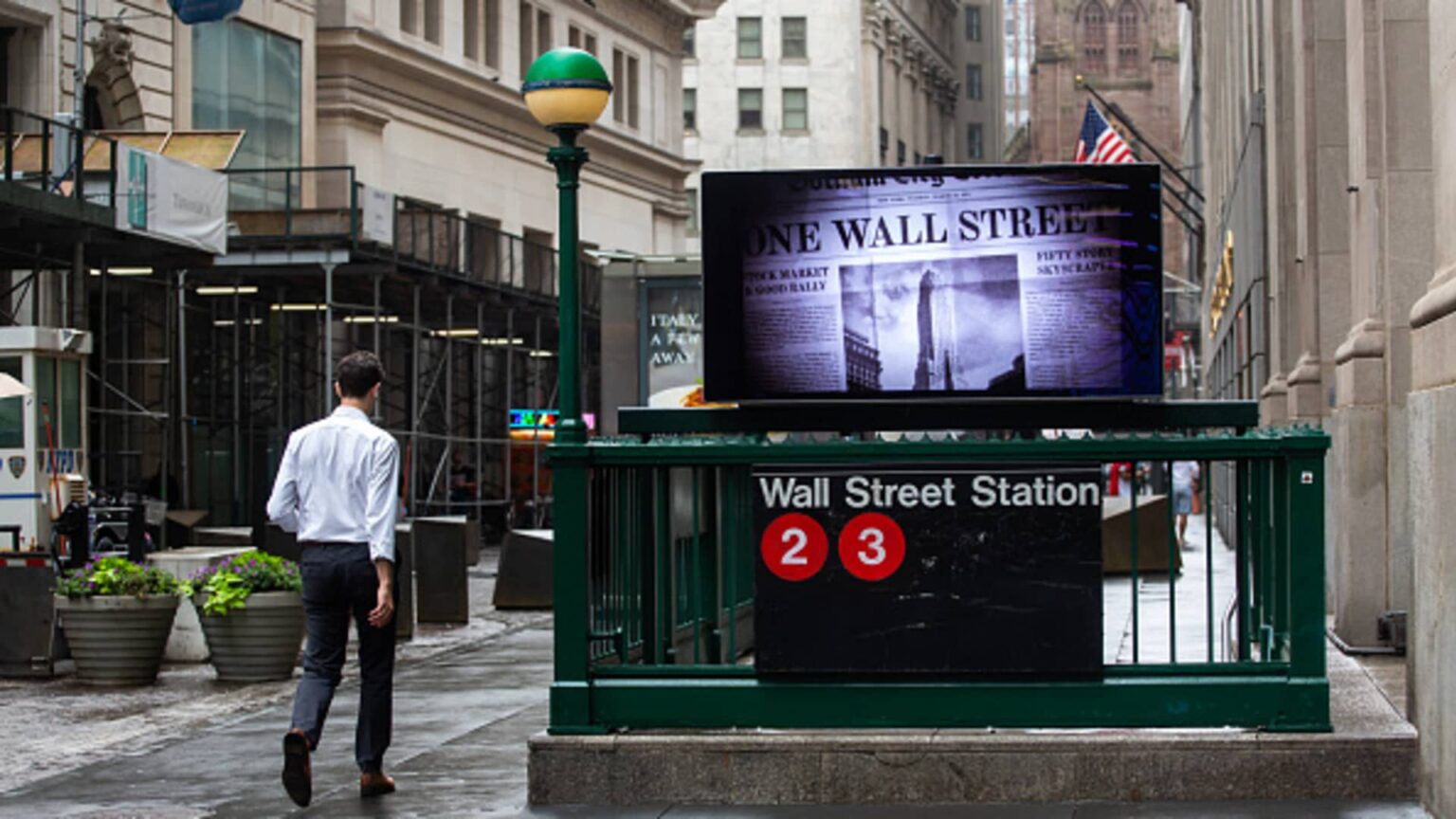Here’s our Club Mailbag email investingclubmailbag@cnbc.com — so you send your questions directly to Jim Cramer and his team of analysts. We can’t offer personal investing advice. We will only consider more general questions about the investment process or stocks in the portfolio or related industries. This week’s question: I’d like to know where you can suggest parking cash I’m holding between trades. Are there places to park the cash where it can make a little income and be liquid at the same time? Thank you — Louis P. Great question. If you want cash on hand to buy stocks at a moment’s notice while getting some yield along the way, money market funds are your best option. Unlike a certificate of deposit (CD), which requires keeping your money in the account without taking a withdrawal for a certain length of time, a money market fund has no lock-in period. You can access the funds immediately. Unlike a bond, which may see its price fluctuate between the purchase date and when it reaches maturity, money market funds keep their value — while also offering a higher yield than most savings and checking accounts. According to money market tracker Crane Data , the average yield of the 100 largest money market funds is 5.19%. By contrast, the national average rate on savings accounts is 0.6%, according to Bankrate . Money market funds vs. money market accounts Not to be confused with money market accounts (and other types of deposit accounts), money market funds are low-risk investments — and as such, they are not backed by the Federal Deposit Insurance Corporation (FDIC). Forbes put together a list of top money market funds from some of the biggest brokerages in the nation. To be sure, as CNBC Select points out, there are high-yield savings and money market accounts out there with yields approaching those from money market funds. But money market funds can be more accessible when placing trades since they sit in your brokerage account right alongside your positions. Put $100 in a money market fund, you’ll still have that $100 plus interest a week, a month, or a year from now. The tradeoff, however, is that the yield isn’t locked in. In order to maintain liquidity, these funds invest in very short-term, high-quality securities, like 1- to 3-month government securities. That means the rate is constantly adjusted as holdings mature and roll off and funds are invested in newer issues. You may be currently getting north of 5% in money market funds — but hypothetically, you could only get 4% a month from now. If locking in yield is your primary concern — to cover living costs, for example — a CD or bond may be a better option. Some CDs and bonds offer similar yields to money market funds. Just know you’re going to have to sacrifice some immediate access to your cash. ‘Breaking the buck’ From a liquidity perspective, there have been a couple of times of extreme financial stress, including in 2008, that “broke the buck” — meaning people could not get 100% of their funds out of money market funds quickly. But we want to emphasize that these were rare events and money market funds are considered very low-risk investments. Overall, though, if all you’re looking for is some enhanced yield on cash that’s readily available, money market funds are the way to go. Your brokerage will probably have a default money market option for parking your cash after selling shares in a stock. Talk to your provider for help understanding your cash management options. You should be able to set something up that automatically deposits your cash into an account yielding around 5% — less the expense ratio, which is usually minimal but worth checking out when comparing options. (See here for a full list of the stocks in Jim Cramer’s Charitable Trust.) As a subscriber to the CNBC Investing Club with Jim Cramer, you will receive a trade alert before Jim makes a trade. Jim waits 45 minutes after sending a trade alert before buying or selling a stock in his charitable trust’s portfolio. If Jim has talked about a stock on CNBC TV, he waits 72 hours after issuing the trade alert before executing the trade. THE ABOVE INVESTING CLUB INFORMATION IS SUBJECT TO OUR TERMS AND CONDITIONS AND PRIVACY POLICY , TOGETHER WITH OUR DISCLAIMER . NO FIDUCIARY OBLIGATION OR DUTY EXISTS, OR IS CREATED, BY VIRTUE OF YOUR RECEIPT OF ANY INFORMATION PROVIDED IN CONNECTION WITH THE INVESTING CLUB. NO SPECIFIC OUTCOME OR PROFIT IS GUARANTEED.
Here’s our Club Mailbag email investingclubmailbag@cnbc.com — so you send your questions directly to Jim Cramer and his team of analysts. We can’t offer personal investing advice. We will only consider more general questions about the investment process or stocks in the portfolio or related industries.
This week’s question: I’d like to know where you can suggest parking cash I’m holding between trades. Are there places to park the cash where it can make a little income and be liquid at the same time? Thank you — Louis P.
Read the full article here

